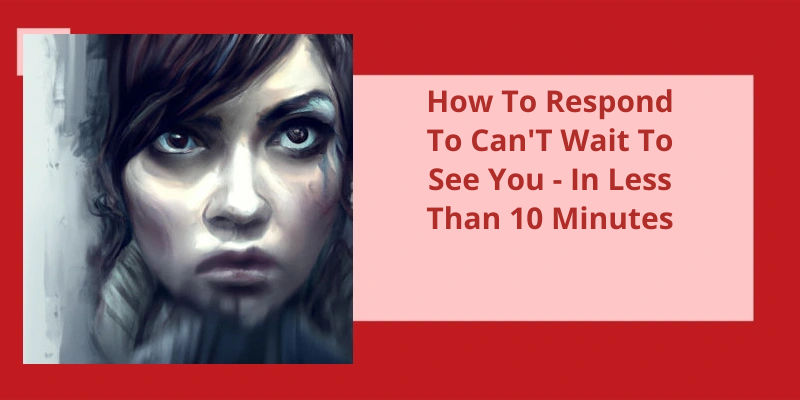In today's interconnected world, where information is readily available at our fingertips, it may seem perplexing that some individuals harbor a deep aversion towards sharing personal details about themselves. However, this aversion isn’t unfounded; rather, it stems from a myriad of complex factors that shape one's perception of privacy, vulnerability, and the potential consequences of disclosure. The desire to keep personal information hidden can arise from a deep-seated fear of judgment, a need for control, past experiences of betrayal or exploitation, or even a fundamental distrust of others. By delving into this topic, we can gain a deeper understanding of the psychological, social, and cultural factors that drive this behavior, ultimately shedding light on how we can navigate the delicate balance between privacy and connection in an increasingly transparent world.
Why Am I Not Good at Talking About Myself?
Lots of people struggle to talk about themselves because they’re generally very private people. These individuals have a strong sense of personal boundaries and prefer to keep certain aspects of their lives private. They may feel uncomfortable or vulnerable when discussing personal information with others. This could stem from various factors such as cultural or societal norms, past experiences, or simply their personality traits.
For some, the hesitation to share personal information might come from a fear of being judged or criticized by others. They may worry about revealing too much and potentially facing negative consequences or being misunderstood. They might prefer to keep a certain level of control over the information they disclose, as sharing personal details can sometimes lead to unwanted attention or unwanted opinions.
Expressing oneself can be challenging, especially when it involves delving into personal matters. Lack of practice or not being encouraged to share personal stories during childhood or adolescence could contribute to this difficulty.
Additionally, some individuals may have been raised in environments that discouraged self-expression or emphasized prioritizing the needs and interests of others over their own. This can lead to a habit of keeping personal information to themselves and feeling uncomfortable when asked to open up. Over time, this habit becomes a default response, making it challenging to discuss personal experiences or emotions.
How Past Experiences Can Influence a Person’s Comfort Level in Discussing Personal Information.
Past experiences play a significant role in shaping a person’s comfort level when it comes to sharing personal information. Negative experiences, such as instances of judgment, betrayal, or invasion of privacy, can create a sense of fear or hesitancy. These experiences can lead individuals to develop a dislike for sharing personal information as they seek to avoid potential harm, embarrassment, or vulnerability.
Furthermore, cultural or societal norms can also play a role in influencing one’s comfort level. If a person comes from a background that values privacy or holds reservations about sharing personal matters, they may feel more inclined to keep information to themselves.
It’s important to acknowledge and respect individual boundaries when it comes to discussing personal information. Creating a safe and non-judgmental environment can help individuals feel more comfortable and willing to share when they’re ready.
Conclusion
In conclusion, the reluctance or aversion to sharing personal information can stem from a variety of factors, including concerns about privacy, fear of judgment or rejection, a desire for control over one's narrative, or even past negative experiences. It’s a complex and individualized issue that varies from person to person. Understanding and respecting these concerns is crucial in fostering a safe and supportive environment where individuals feel comfortable sharing at their own pace and comfort level. Encouraging open dialogue, active listening, and practicing empathy can help bridge the gap and promote healthier and more meaningful connections. Ultimately, the decision to share personal information should always be left to the individual, as it’s their right to choose what they feel comfortable disclosing.






